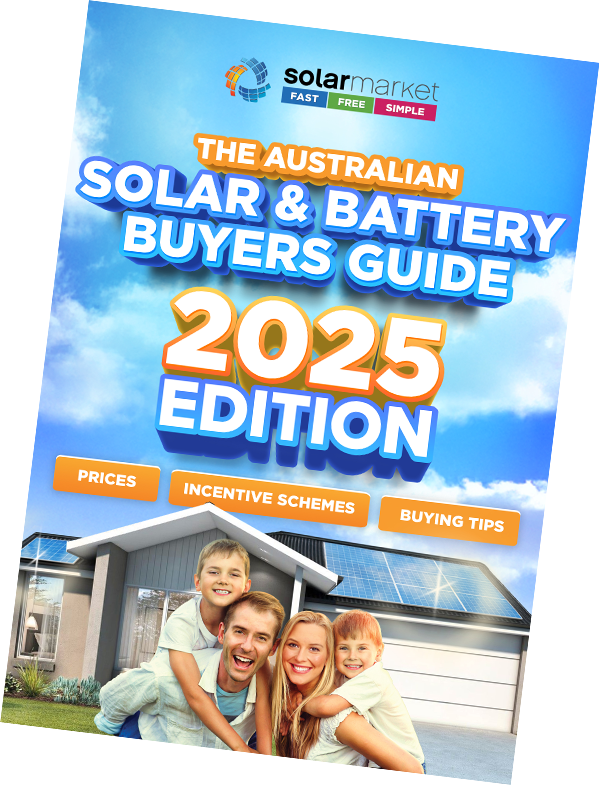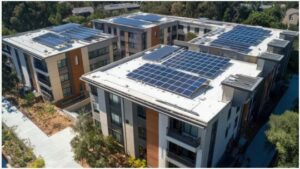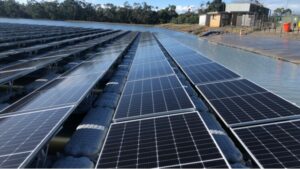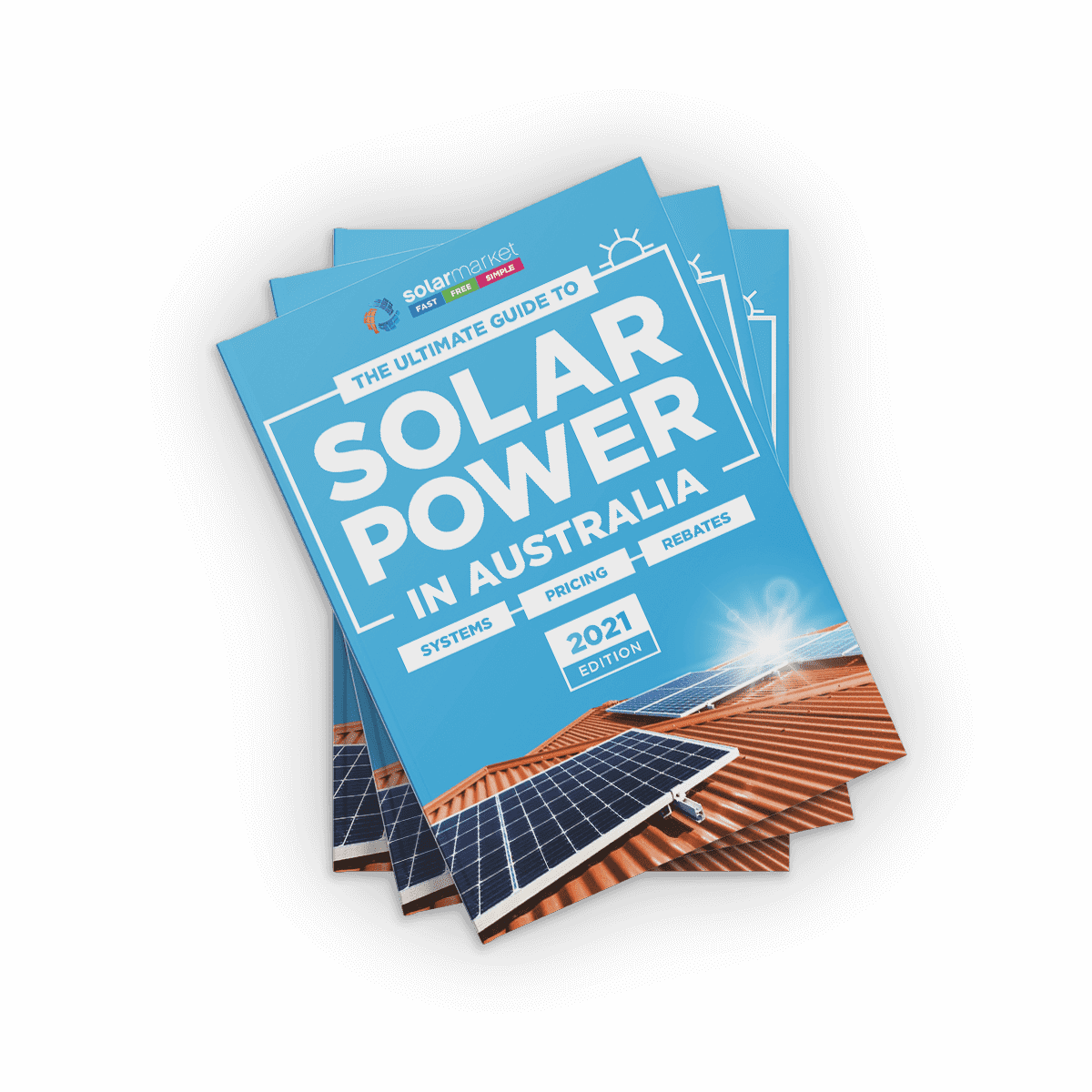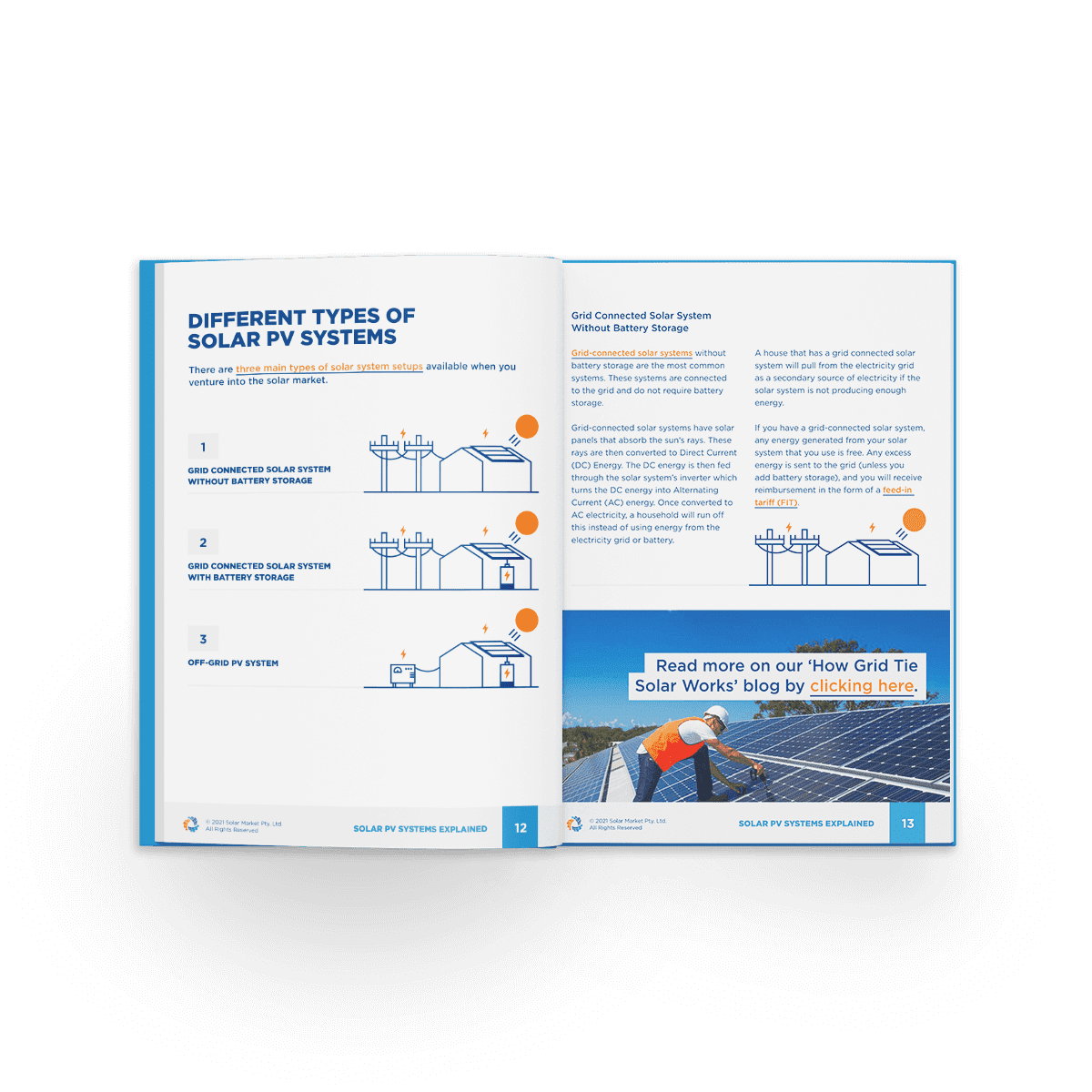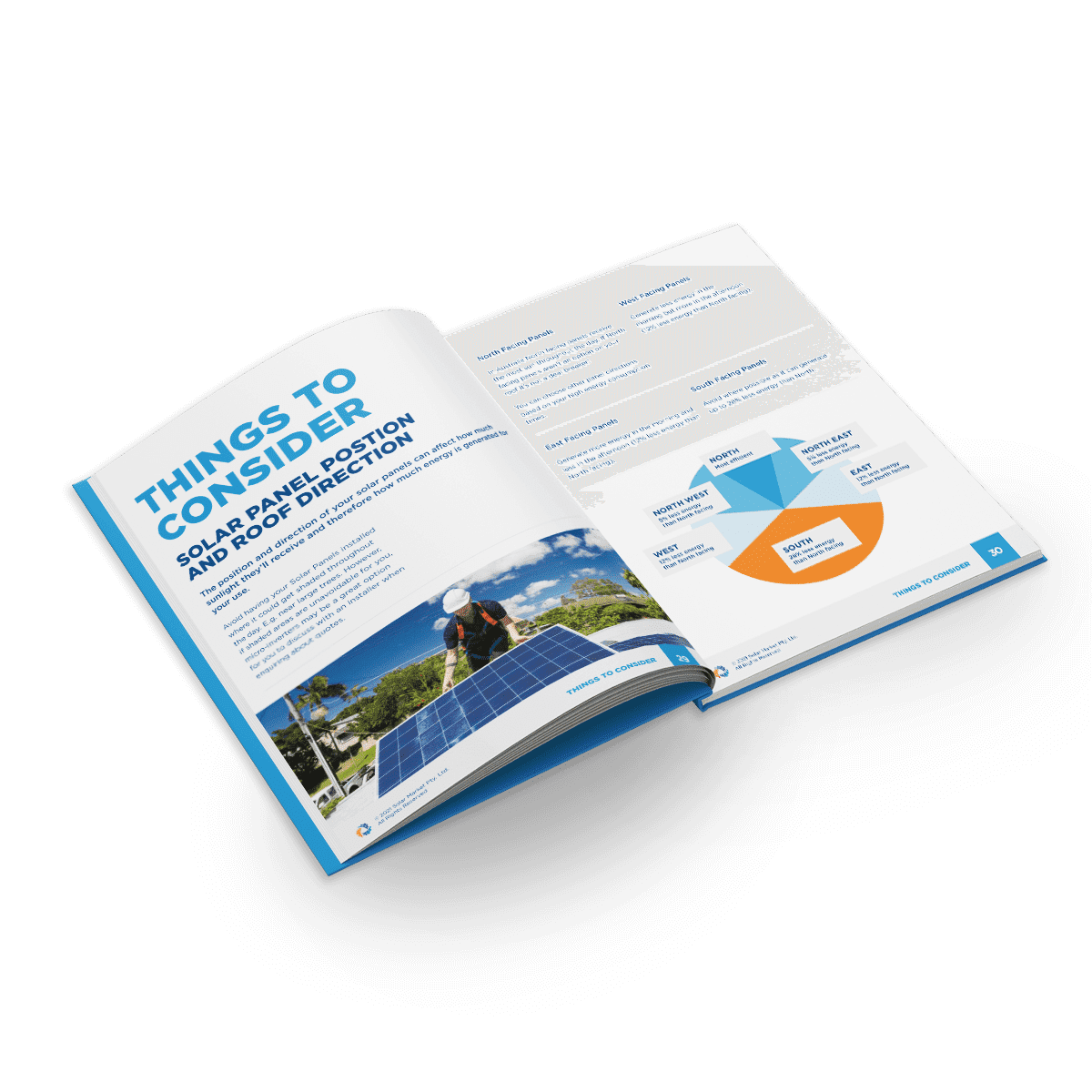In today’s competitive marketplace, it can be hard to distinguish between an experienced solar installer and a convincing salesperson. On top of that, selecting a solar power system that is going to reduce your power bills effectively can be confusing.
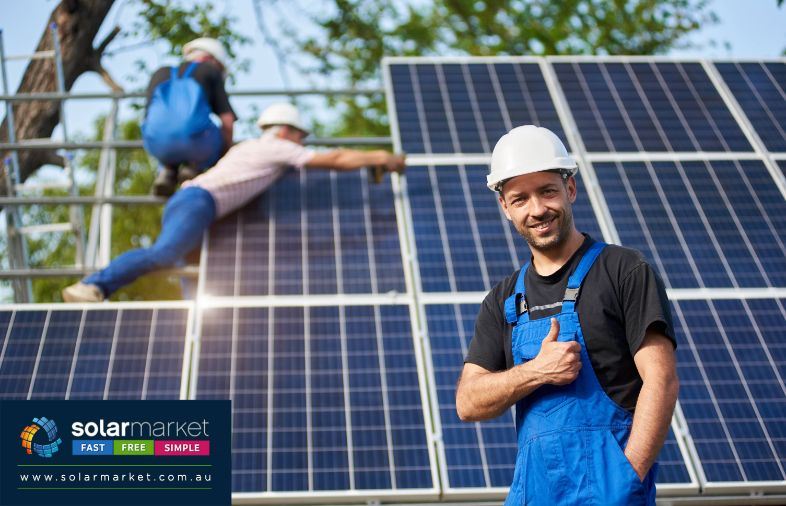
If you’re like most people investing in a solar power system is a substantial purchase that you wouldn’t commit to without having all the information on the system and its benefits. These vital details include not just the brand, size, components or model of the system but the return on investment, maintenance and more.
For this reason, we’ve compiled a list of essential questions to ask before choosing a solar provider and installing their quoted system.
Tip: If a solar provider can’t or is unwilling to answer these questions during the quoting process, steer clear!
What accreditation do your solar installers have?
These days as a minimum qualification, solar installers should hold is CEC accreditation which ensures that the installer demonstrates competence in the design and installation of solar PV systems by Australian standards. CEC accredited installers are also eligible to assist their customers in claiming Government incentives and rebates, which can substantially reduce the cost of a solar power system.
What size solar PV system do you recommend for my household? And why?
The size solar power system an installer recommends should be tailored to your needs and will be dependent on several factors. The last thing you want is to be quoted for the most expensive system or just what happens to be in stock at that time.
At this stage of the quoting process, an installer should be asking you questions to ensure they recommend the right system for you. Being able to answer the following questions will assist the installer in tailoring a quote for your specific needs.
- Are you the owner of the property?
- What is your budget?
- Do you want the option to add battery storage in the future?
- Do you know your roof size, make and orientation?
- How many people occupy the house?
- What is the typical energy usage for day vs. night (are people home throughout the day or mainly in the evenings)
- Do you have a pool?
- What is your typical energy bill in summer and winter?
If you’re unable to answer some of these questions, most installers will offer a home-visit during the quoting process, so they can evaluate your roof and get a clearer understanding of your requirements.
What is the expected return on investment of the solar power system that they have quoted?
The payback period of a solar power system will vary for everyone; many households see a return on investment within 2-5 years however it’ll be dependent on;
- Size of the solar power system you installed
- The direction the solar panels face
- The amount of energy the household uses, and the percent that is exported to the grid
- Feed-in Tariff rates in your state
- The amount you initially paid for the system
Any reputable installer will be able to go through these factors with you to explain how the calculations work and also provide the data to back up their predictions.
Do the manufacturers of the system’s components have an office in Australia?
It’s important that the manufacturers of the system and it’s parts have some presence and office in Australia. The reason for this is if you have any issues with your system, you will want easy access to assistance and have someone nearby available for troubleshooting or servicing as opposed to being in a different time zone.
What is the total upfront cost?
If you’re paying for the solar system outright, you will want to know the total upfront costs before you give the go-ahead for the installation. Factors that should be covered in the quote will include;
- Solar power system cost
- Installation costs
- Any additional charges such as call-out fees
- Solar rebate discount
These are just some of the essential questions to ask when speaking to installers however, we recommend picking the solar installer’s brains further with our extensive list of printable questions to ask installers. Doing this will ensure you not only get the best solar power system for your requirements but that you become knowledgeable about how solar power systems and the industry works.


